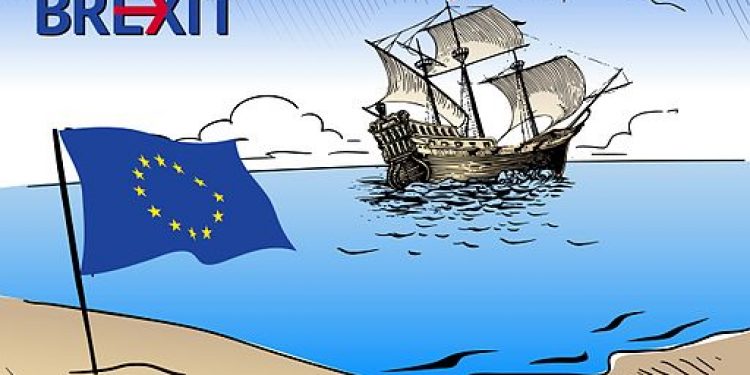A leading article in Yrkesfiskarna, the magazine of the Swedish Fishermen’s Federation, examines the effects that the UK vote to leave the European Union could have, not least that with the UK separated from the EU, there will be additional negotiations every year on top of the usual Brussels negotiations.
‘There will be an additional round of negotiations with Great Britain (or England, depending on what the Scots choose) and it will take a long time and requires effort, which in turn means a heavier burden, both for producer organisations with multiple departments,’ states Yrkesfiskarna.
‘We face a gigantic effort to negotiate detach Britain from the EU. In this context, we need to be prepared.’
According to the Swedish Fishermen’s Organisation, it is important that Sweden is not left out, as can be the case when new agreements are negotiated.
‘Denmark is currently establishing a working group with participants from both demersal and pelagic fisheries, which examine the consequences Brexit could have for their business. We should do something similar in Sweden, politicians and business representatives should come together and work together to mitigate the negative consequences of a British withdrawal from the EU.’
Yrkesfiskarna points out that large areas of the North Sea could be lost to Swedish fishermen if negotiations are unsuccessful, and markets could also be adversely affected as the UK is an important trading partner for Sweden.
‘There is much that can be said about the EU and its implemented policies implemented that have failed to achieve what was intended. Fisheries policy is such a failure area, with far too detailed regulation and too little regional consideration.’
‘The solution to this is not to leave a union, which largely does a great deal of good. The solution is instead to improve, based on the experience gained. This is currently happening in the EU’s common fisheries policy. A new technical regulation is coming. There is a move away from micro-management to a more results-based management, where there is more trust and responsibility placed on the individual fisherman. This is positive!
We also see that power is moved closer to those affected. This is achieved through the ongoing regionalisation process, with responsibility moved from Brussels to regional councils.This is also positive!’ Yrkesfiskarna states.
‘Now we have ahead of us a time of great uncertainty with more questions than answers. It is now important to keep sight of what is important and try to influence outcomes and work to minimise the resulting negative consequences.’









